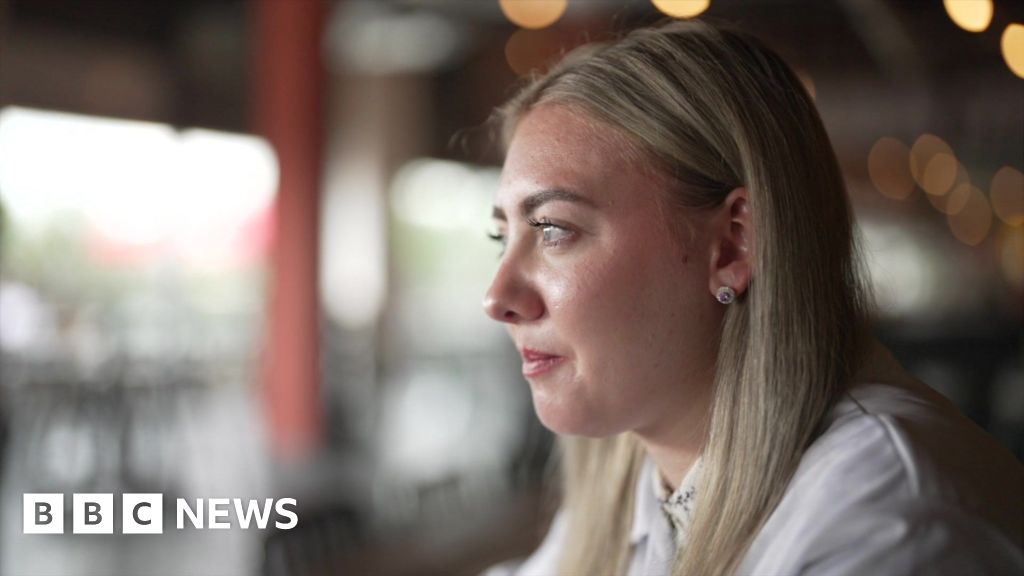Emily Miles, the chief executive of the Food Standards Agency, which oversees food hygiene inspections in England, Wales and Northern Ireland, said councils were generally getting through backlogs of high-risk inspections, which mounted during the Covid lockdowns.
But she said the agency was concerned lower-risk venues and new venues were not being checked.
A long-term decline in council food safety funding and a 15% drop in hygiene inspection staff over the past decade had left town halls struggling to assess businesses in time, she said.
In April 2021, the backlog stood at 77,000 businesses awaiting an inspection in England, Wales and Northern Ireland, which is double the usual level.
Recruitment, she said, was the biggest challenge. Currently, between one in seven and one in ten posts are unfilled.
The agency has launched a national apprenticeship scheme and is considering lowering the skills criteria needed to enter the profession in order to boost numbers.
“It’s something that could be a slow burn to a very uncomfortable and unhelpful situation,” Ms Miles said.
“If there are not enough people with the right skills in these local authority inspection roles – there just isn’t that line of defence.”
The agency’s research showed people were more at risk of E-coli, salmonella, norovirus and listeria in a premises that had received a three-out-of-five rating, rather than a five-out-of-five.
The effects of a major outbreak, Ms Miles added, could be devastating.
“It’s not worth the pain and tragedy of the people who get sick and it’s not worth the dent in our trust as a food nation,” she said.
A spokesman for Food Standards Scotland said staffing levels were critically low because of “too few qualified officers to fill the existing posts”.
The staffing deficit is currently estimated to be around 47% of the local authority need in Scotland, he added.

